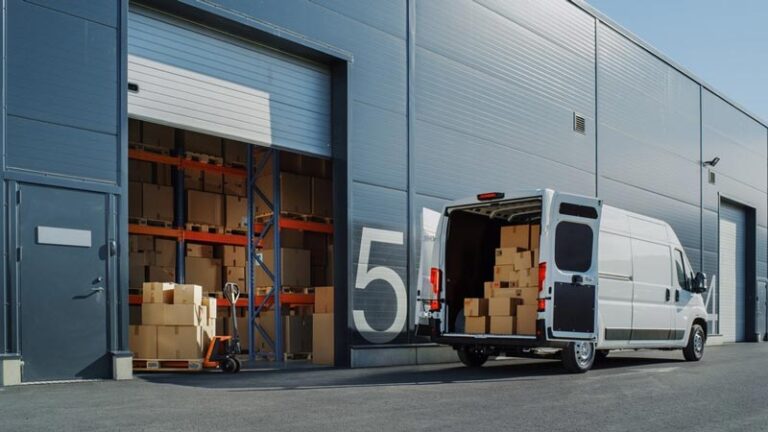In today’s fast-paced world, e-commerce has become an integral part of our lives, offering convenience and accessibility like never before. However, efficient delivery remains a key challenge for online retailers. Fortunately, technology advancements have revolutionized the e-commerce delivery process, enhancing tracking capabilities and providing customers with a seamless experience. In this article, we will explore the impact of technology on e-commerce delivery, focusing on the importance of package tracking and the advancements that have made it possible.
The importance of package tracking in e-commerce
In the world of online shopping, package tracking plays a crucial role in ensuring customer satisfaction. Customers want to know the whereabouts of their orders, and providing them with real-time tracking information is vital. By integrating technology into the delivery process, e-commerce businesses can offer transparency, instill confidence, and enhance customer experience.
Technology advancements in package tracking
GPS tracking systems:
GPS technology has revolutionized package tracking by providing accurate location data throughout the delivery journey. By leveraging GPS-enabled devices, delivery companies can monitor the exact position of packages in real time. This allows customers to track their orders with precision and receive timely updates on estimated delivery times.
RFID technology:
Radio frequency identification (RFID) technology utilizes small tags or labels embedded with microchips that can be scanned wirelessly. This technology enables efficient tracking and inventory management, as packages can be easily identified and monitored throughout the supply chain. RFID technology enhances accuracy, reduces errors, and speeds up the delivery process.
Mobile apps and notifications: With the widespread use of smartphones, mobile apps have become a game-changer in package tracking. E-commerce companies have developed user-friendly apps that allow customers to track their packages on the go. Additionally, push notifications provide timely updates regarding the status of the delivery, ensuring customers are well-informed throughout the process.
Enhancing efficiency in e-commerce delivery
Automated sorting systems:
Traditional manual sorting processes can be time-consuming and prone to errors. Advanced automated sorting systems utilize barcode scanners, conveyor belts, and artificial intelligence to streamline the sorting process. This technology ensures packages are routed correctly and efficiently, reducing delays and improving overall delivery speed.
Last-mile delivery innovations:
Last-mile delivery, the final leg of the delivery process, often poses significant challenges. To overcome these obstacles, various technological advancements have emerged. For instance, delivery drones and autonomous vehicles have the potential to revolutionize last-mile delivery, enabling faster and more efficient transportation.
Smart warehouses:
E-commerce companies are increasingly adopting smart warehouse technologies to optimize operations. These technologies include robotic systems that can efficiently pick, pack, and sort packages, reducing human error and increasing productivity. Additionally, data analytics and machine learning algorithms are utilized to predict demand patterns, ensuring adequate inventory levels and minimizing delivery delays.
Conclusion:
Technology advancements in e-commerce delivery have transformed the industry, enabling greater efficiency, enhanced customer experience, and improved overall satisfaction. The integration of package tracking technologies such as GPS systems, RFID technology, and mobile apps has revolutionized the way customers track their orders. Moreover, innovations in sorting systems, last-mile delivery, and smart warehouses have significantly improved the speed and accuracy of deliveries. As e-commerce continues to thrive, embracing these advancements is crucial for businesses to stay competitive in the evolving landscape of online retail.

0 Comments